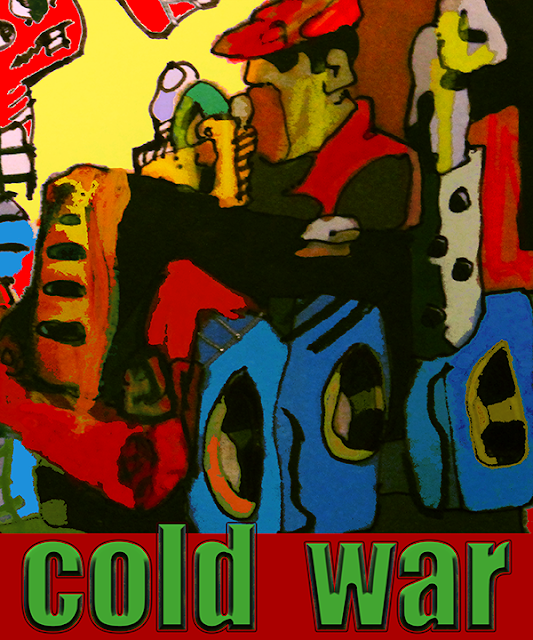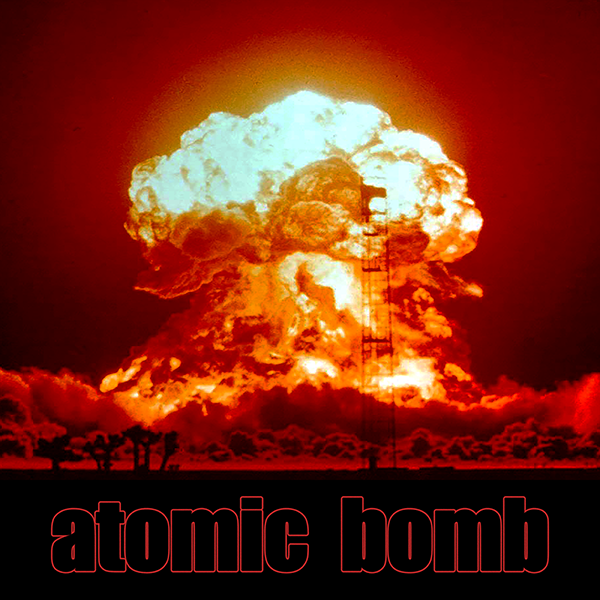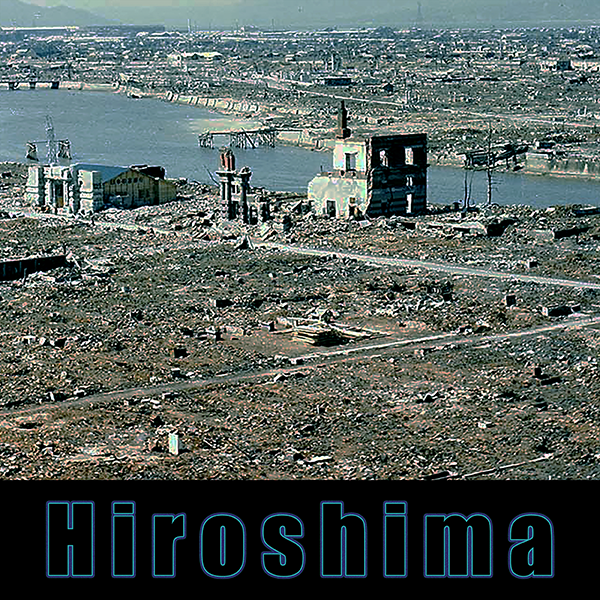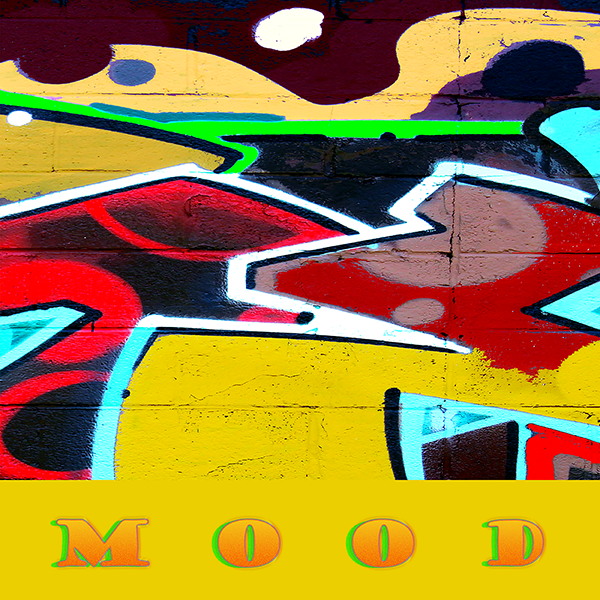Albert Einstein was among the scientists urging President
Roosevelt and the United States to create a revolutionary
new bomb that could unleash unimagined destruction by
splitting uranium atoms. It was feared Nazi scientists were
already developing this technology. The world's nightmare
was for Hitler's Germany to have sole possession of this
atomic bomb.
On a cool, sunny morning in 1945 a lone B-29 bomber
dropped its payload over the Japanese city of Hiroshima.
Seventy thousand people immediately perished while
another seventy thousand died in short order from burns
and radiation poisoning. The nuclear age had begun.
The bombs dropped over Hiroshima and Nagasaki were
each five tons - one of a kind experimental behemoths that
were not suited for mass production. The intent was to
bring World War II to a quick and decisive close without
the need for a U.S. invasion of Japan that would likely
cost the adversaries an additional million casualties.
War's end brought new suffering. Infrastructure such as
roads, rail and power plants were largely destroyed.
Europeans by the millions crowded the roads, refugees
displaced from their homes, searching for a new start.
There were no jobs, no money and families faced
starvation. Desperation was everywhere.
From war's ashes rose two great global powers - the
United States and the Soviet Union. Having defeated
Germany, their common enemy, these two allies now
found themselves locked in a new struggle over competing
views and conflicting needs.
Stalin never intended to honor his agreement with FDR
and Churchill to allow free elections in Eastern Europe.
Russia would have its buffer of Moscow friendly nations
along its border with Europe no matter what it takes. One
need only look at Russia's history of invasions from the
West to see why an external protective layer was in order.
Napoleon's army burned Moscow in the 19th Century.
Germany wrecked havoc on Russia in both World Wars.
The Red Army already occupied all the nations bordering
the Soviet Union from Poland to Bulgaria. The U.S. and
Britain were in no position to argue.
The surrender of Japan in August, 1945 brought the first
global peace since 1931. It was Pax Americana. The
United States dominated the world both economically
and militarily. After all, they were the sole possessors of
the nuclear genie. What a shock to the American psyche
it was when the Soviet's detonated their own atomic bomb
just four years after Hiroshima. That very same year
America's longtime ally, China, was lost to Communists.
The following year, 1950, saw a third-rate Korean army
throw U.S. troops into a panicked route over in some
vague place. Then Alger Hiss, trusted aide to FDR,
was accused of being a spy for Stalin.
Americans felt betrayed. People were filled with fear.
It was a time made for Joe McCarthy. Speaking before
a gathering in Wheeling, West Virginia, the Wisconsin
senator held a paper above him, announcing he had
the names of 205 card carrying Communists...
each one a U.S. government employee.
McCarthyism became known for its sins of zealotry.
The problem with the Hiroshima A-Bomb was that the blast
radius was too small to destroy a truly large city. Stalin
didn't find Uncle Sam's puny stock of nuclear weapons
terribly worrisome. True deterrence would require a fusion
bomb, one that could deliver a thousand times the
explosive force of the fission-produced atomic bomb.
Dr. Edward Teller, father of this thermonuclear device -
the H-Bomb, warned Congress about the disaster to U.S.
interests were the Soviets to gain this advantage first.
One sleepy afternoon while schmoozing with House
Speaker Sam Rayburn, the Vice President was ordered
to return immediately to the White House. This was
how Harry Truman became President of the U.S.
and took responsibility for being leader of the Free
World.



























































